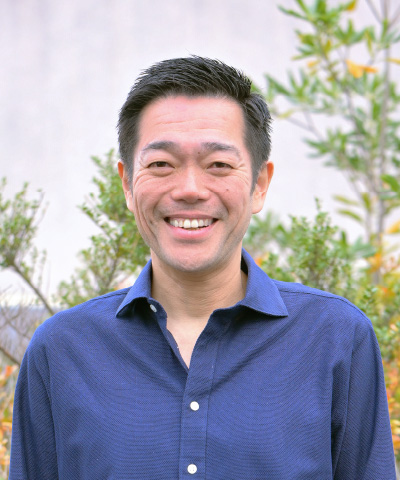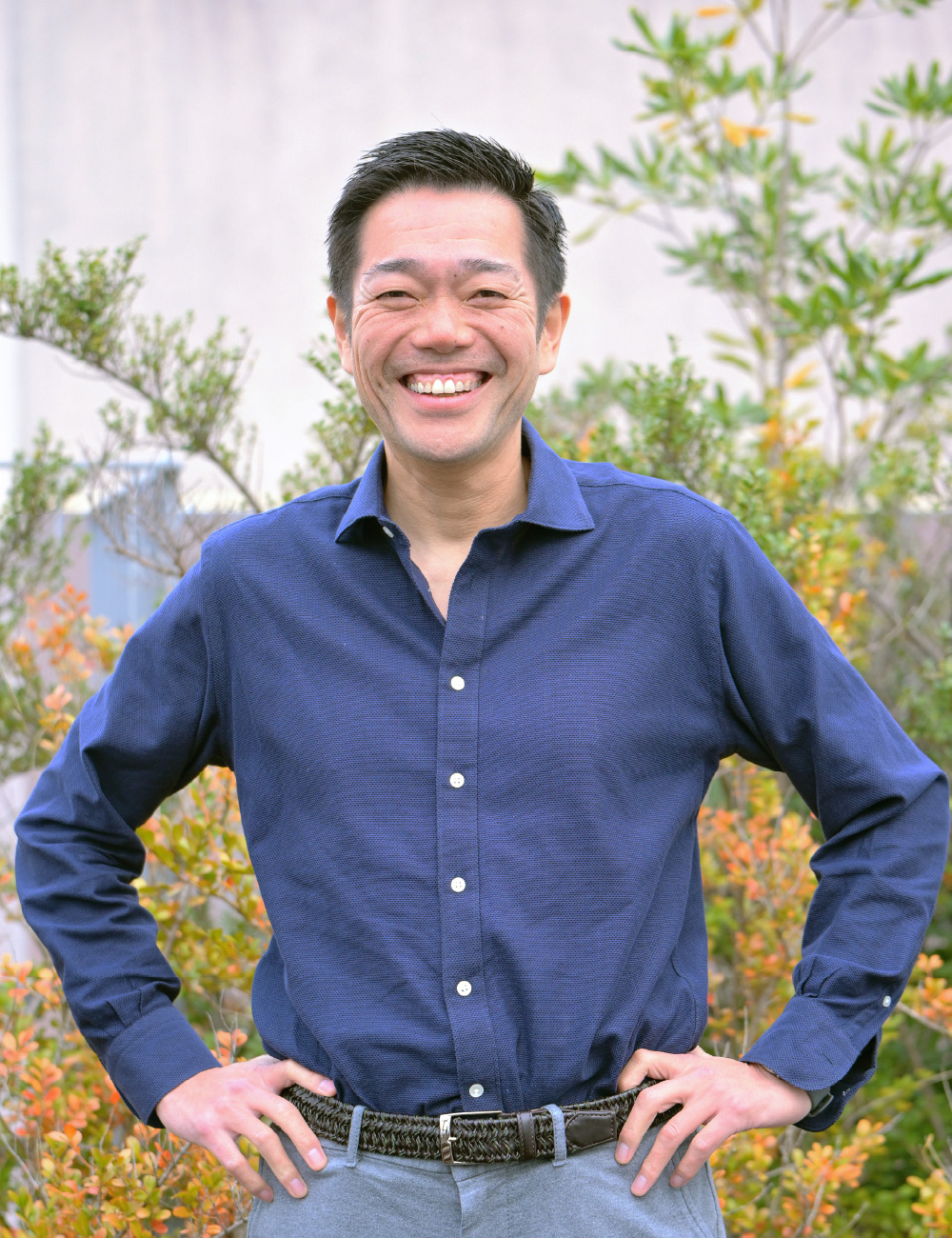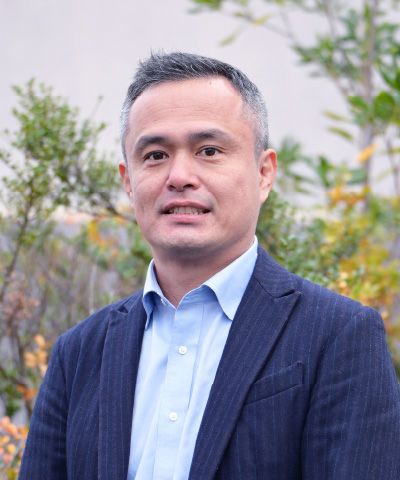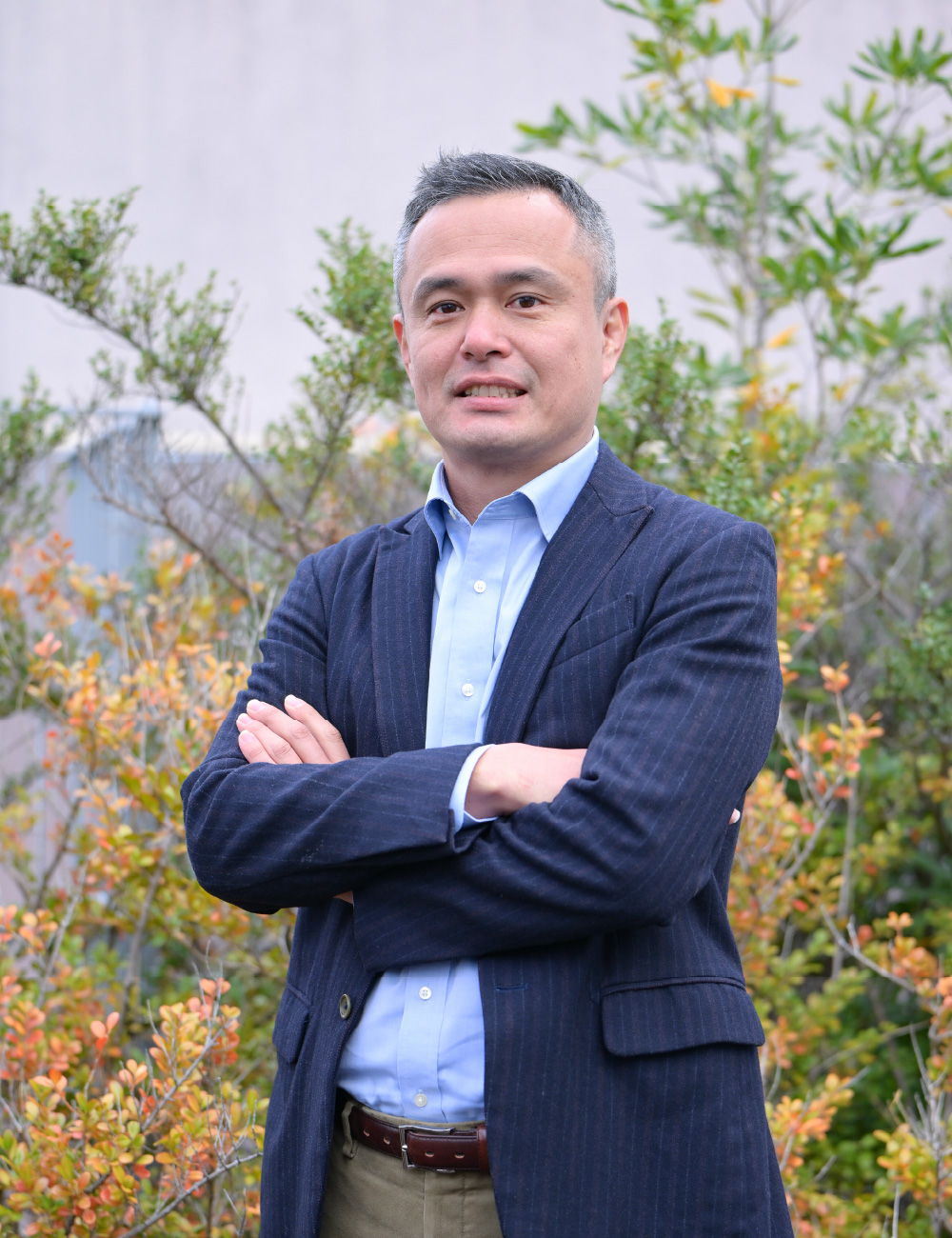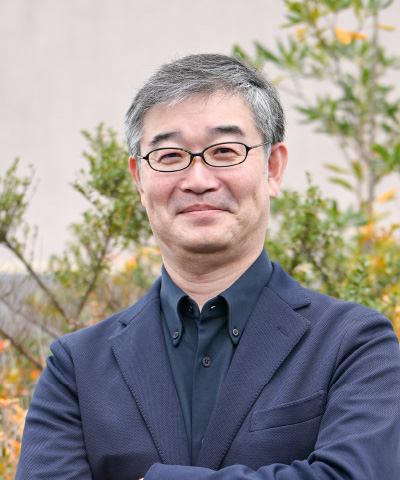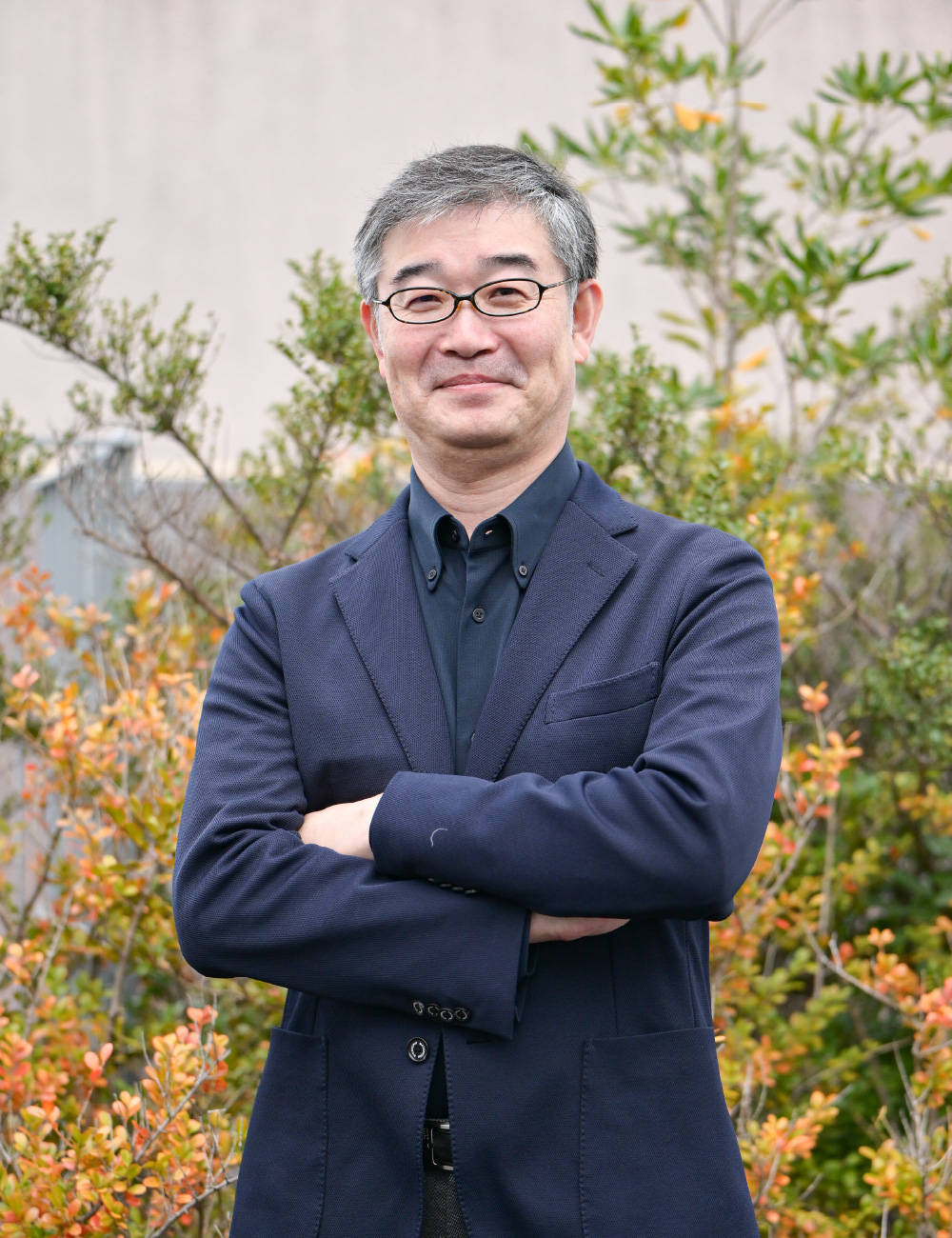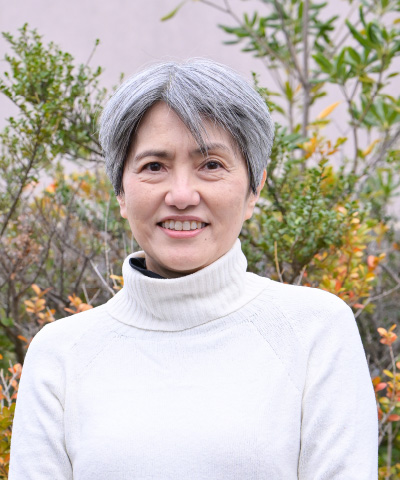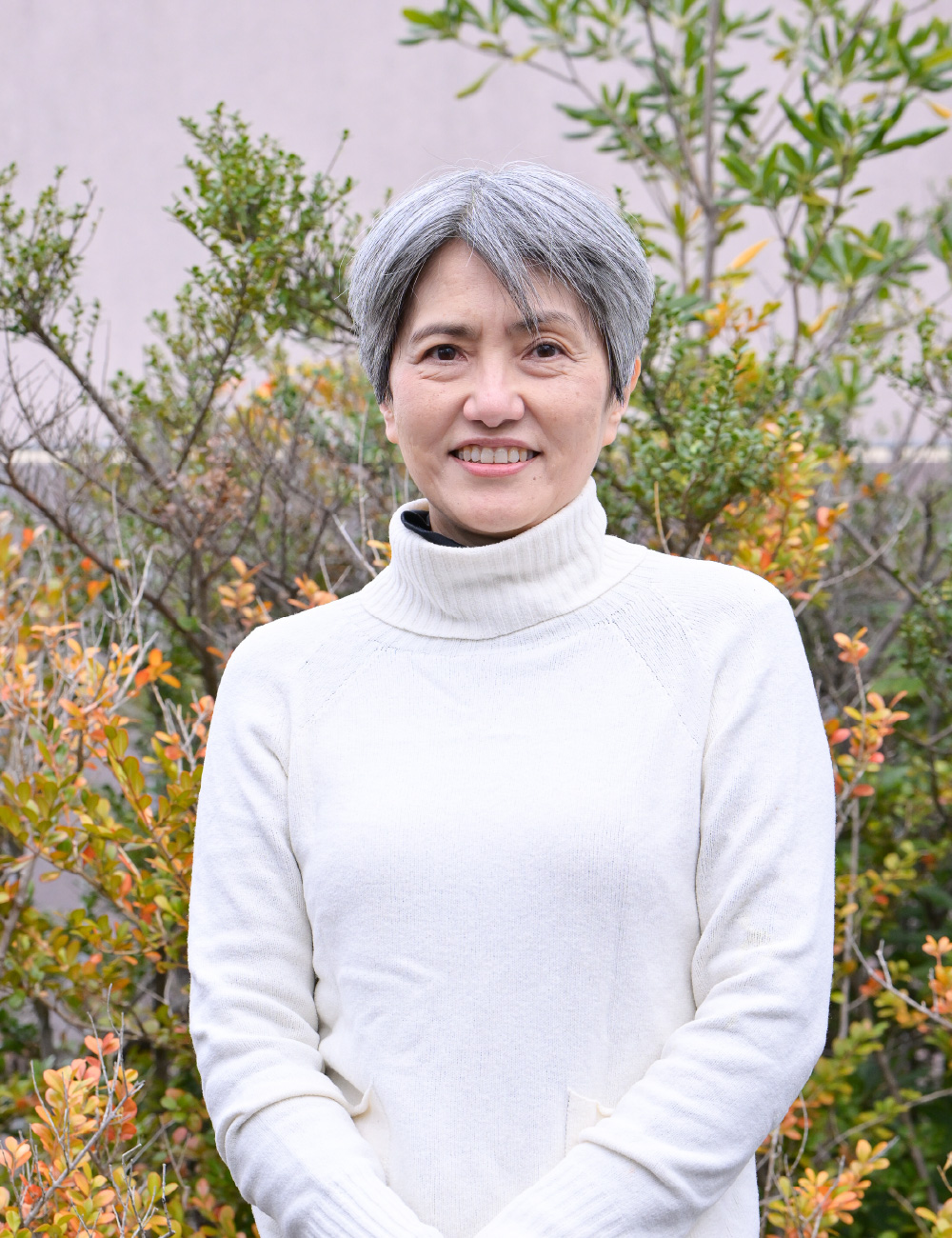Science
Deliver a transformative medicine for untreated conditions with underactive bladder
Deliver a transformative medicine for untreated conditions with underactive bladder
- Underactive bladder (UAB) is characterized by a slow urinary stream, hesitancy and straining to void, with or without a feeling of incomplete bladder emptying sometimes with storage symptoms (*1)
- UAB is prevalent, underdiagnosed, and represents an unmet medical need in elderly and other populations. There are no outcome-validated effective therapeutics for UAB (*2)
SFG-02 is a novel investigational small molecule drug
- IND-enabling preclinical studies completed
- A novel formulation under development
- Phase 1 study in healthy volunteers to be initiated in 2025
(*1) Chapple CR, Osman NI, Birder L, et al. Terminology report from the International Continence Society (ICS) Working Group on Underactive Bladder (UAB). Neurourology and Urodynamics. 2018;1–4.
(*2) Chancellor MB, Bartolone SN, Lamb LE et al., Underactive Bladder; Review of Progress and Impact From the International CURE-UAB Initiative. Int Neurourol J. 2020; 24: 3–11.
Team
Masaki Yoshida, MD, PhD
Department of Urology
Sakurajyuji Hospital
Naoki Yoshimura, MD, PhD
Department of Urology
University of Pittsburgh
School of Medicine
Takahiko Mitsui, MD, PhD
Professor of Urology, University of Yamanashi
Yoshihisa Matsukawa, MD, PhD
Department of Urology, Nagoya University
Michael B. Chancellor, MD
Professor, Oakland University William Beaumont School of Medicine
Detlef Albrecht, MD
Independent Drug Development Consultant
Roger Dmochowski, MD, MA, MMHC, FACS, FRCS (TH)
Professor of Urology, Surgery and Gynecology,
Vanderbilt University Medical Center, Nashville, TN, USA
Victor W. Nitti, MD
Professor of Urology and Ob/Gyn
Shlomo Raz Chair in Urology
Administrative Chief, Division of URPS
David Geffen School of Medicine at UCLA
Gamal M. Ghoniem, MD, FACS, ABU/URPS
Professor Emeritus & Vice Chair of Urology
Fellowship Program Director of Female Urology,
Pelvic Reconstructive Surgery & Voiding Dysfunction
Kathleen C. Kobashi, MD, MBA, FACS
Chair, Department of Urology, Houston Methodist
Kenneth M. Peters, MD
Professor of Clinical Urology, Weill Cornell Medicine
Stephen R Kraus, MD, MBA, FACS
Professor and Chair of Urology, UT Health San Antonio



